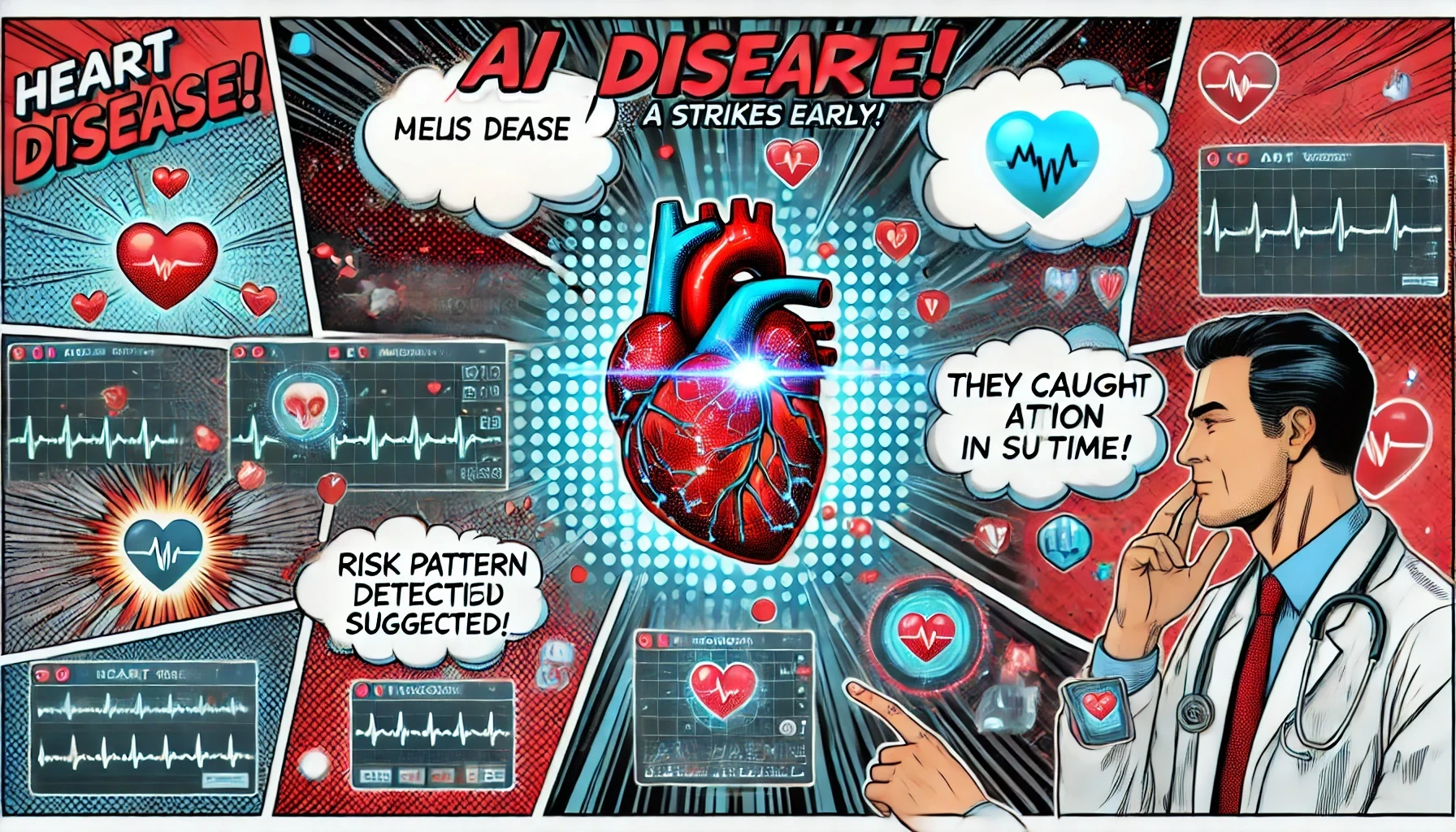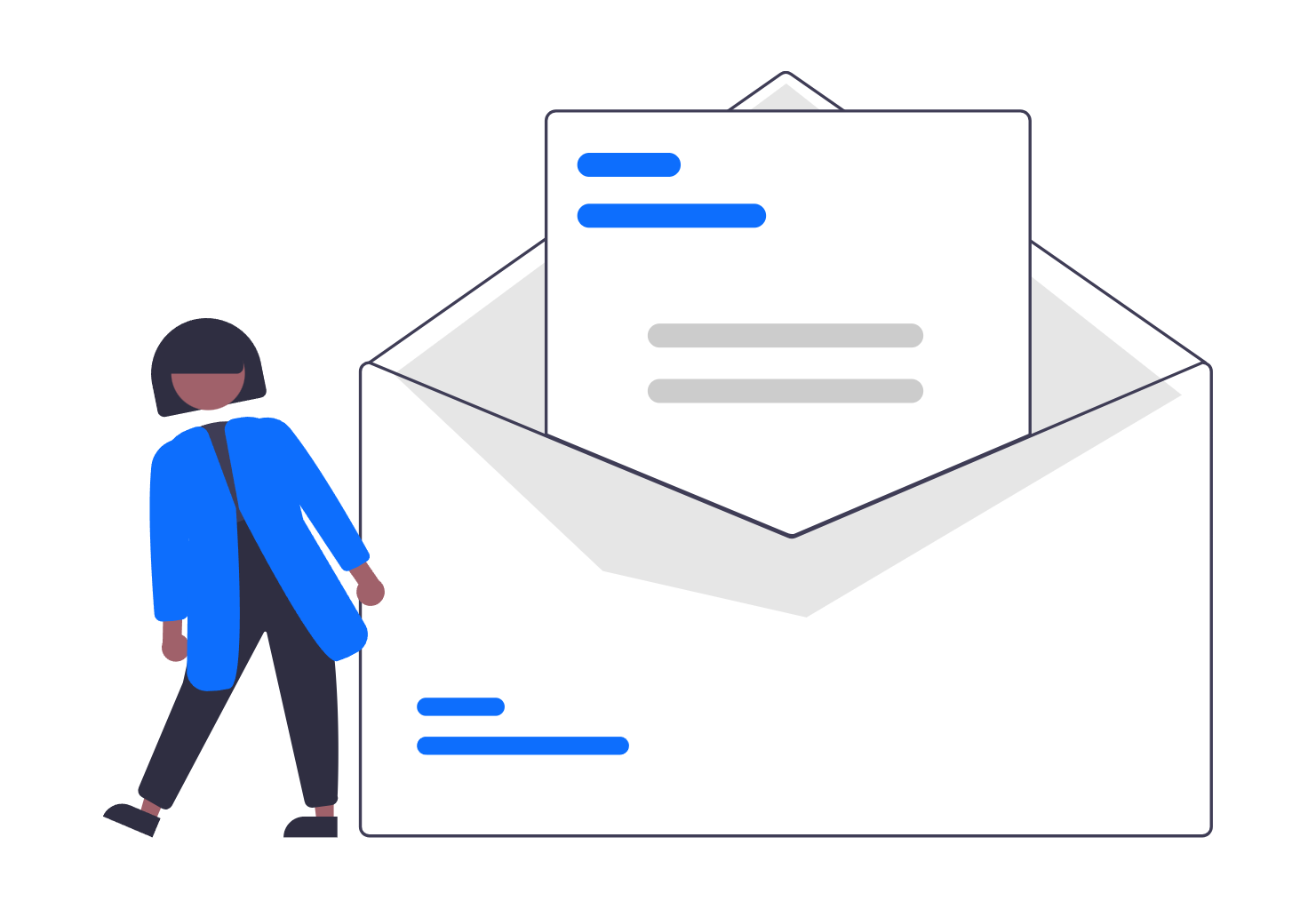
AI-Powered Diagnostic Tools Help Doctors Catch Heart Disease Early
A new report from HealthTech Today, released in April 2025, shows how artificial intelligence (AI) is changing the way doctors detect heart problems. These smart computer systems are now being used to look at heart scans, check blood pressure patterns, and monitor how a patient’s heart beats throughout the day. The goal is to find signs of heart disease before they become dangerous.
Hospitals and health centers in the U.S., Canada, and the U.K. joined in a major study. Doctors and researchers found that AI tools could find early warning signs of heart trouble with more than 91% accuracy. This means doctors can help patients sooner, reduce emergencies, and give people a better chance of staying healthy.
Heart disease is the leading cause of death in many parts of the world. A lot of people don’t even know they have heart problems until something serious happens, like chest pain or a heart attack. Doctors have used tests like EKGs (electrocardiograms), blood pressure monitors, and heart ultrasounds for years. But these tools might not find problems until they become serious.
Now, AI is helping doctors spot tiny changes that happen in the early stages of heart problems. These changes might not seem important at first, but they can grow into major health risks. AI tools are good at noticing things like slightly high blood pressure, uneven heartbeats, or early signs of blocked arteries. These tools give doctors a new way to act early, even before symptoms begin.
Key Facts & Details
Ways AI Helps Doctors Find Heart Problems Early:
- Reads Heart Images and Test Results: AI systems study heart scans, EKGs, and other medical results to find unusual patterns. These signs can warn doctors about heart issues that might develop later.
- Monitors Heart Rhythms Daily: Some AI tools work with smartwatches and other wearable tech. These gadgets keep track of your heartbeat all day and send the data to doctors. This helps them spot changes that happen when you’re sleeping or walking around.
- Finds Patterns in Your Medical History: AI can look at past medical visits, test results, and family history to guess who might be at risk for things like strokes or heart attacks.
- Fast Results for Doctors: AI can go through large amounts of data in just minutes. This means doctors get results quickly and can help their patients faster.
- Alerts for At-Home Monitoring: Some tools send alerts to patients if something looks wrong. This helps people take action early, even from home.
What the Experts Are Saying: “This is one of the biggest steps forward we’ve seen in heart care,” said Dr. Melissa Grant, a cardiologist at New Horizons Medical Center. “AI gives us a way to help people before they even know they need it.”
Dr. Kyle Adams, a heart researcher in London, added, “It’s like having a doctor that watches over your heart 24/7. AI never sleeps, and it keeps learning how to be more helpful.”
Important Numbers from the Study:
- AI systems found early heart problems 91% of the time.
- Over 2,000 patients were included in the study.
- 70% of patients got help faster because AI found the warning signs.
- Clinics using AI had 29% fewer emergency heart visits.
- Patient check-up times dropped by 40% thanks to faster test results.
- 60% of doctors said AI helped them make better treatment plans.
Analysis & Impact
How AI Is Changing Heart Healthcare:
- Helps People Sooner: Finding problems early means people can start eating healthier, exercising more, or taking medicine before the issue gets worse.
- Saves Time for Doctors: Doctors can spend more time talking to patients and less time going through reports because AI helps sort through the data.
- Useful in Smaller Clinics: Not every town has a heart specialist. AI tools help local doctors give expert-level care even in rural areas.
- Improves Patient Confidence: When people know a smart tool is watching out for their heart, they feel safer and more cared for.
Challenges and Risks:
- AI Still Needs Human Oversight: Even smart computers can make mistakes. Doctors still need to double-check what AI suggests.
- Expensive for Some Hospitals: AI tools and wearable devices can be pricey, so not every clinic can afford them yet.
- Keeping Data Safe: AI uses a lot of health information, so hospitals must make sure that patient data is protected and private.
- Training for Medical Teams: Doctors and nurses must learn how to use AI tools correctly to get the best results and avoid confusion.
Resources & References
- HealthTech Today – April 2025 Report on AI in Cardiology
- World Heart Federation – Global Heart Disease Stats
- Journal of Digital Health – AI and Predictive Heart Monitoring
- American Heart Association – Early Detection Guidelines
- NHS Digital – AI Use in UK Healthcare
- Mayo Clinic – AI-Enhanced Heart Monitoring
AI-powered tools are helping doctors find heart problems early and give patients faster, better care. These smart systems can look at scans, check heart rhythms, and even send alerts to people at home. While there are still challenges, such as cost and training, this technology is changing the future of heart healthcare for the better.
Would you feel safe using a smart device that helps track your heart health? Do you think AI tools should be used in schools, small towns, or homes? Let us know in the comments, and don’t forget to subscribe to stay updated on how AI is helping to save lives!


